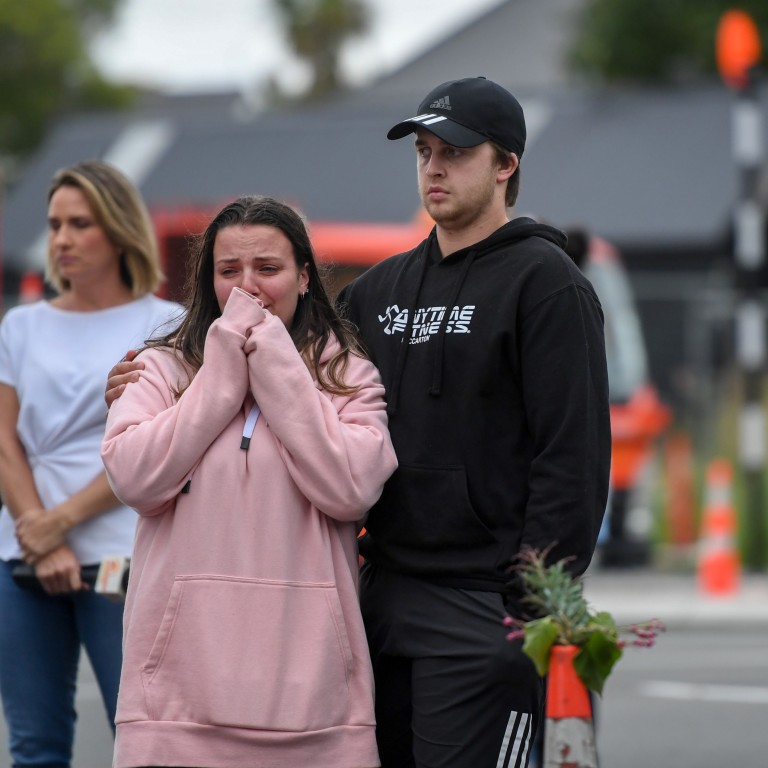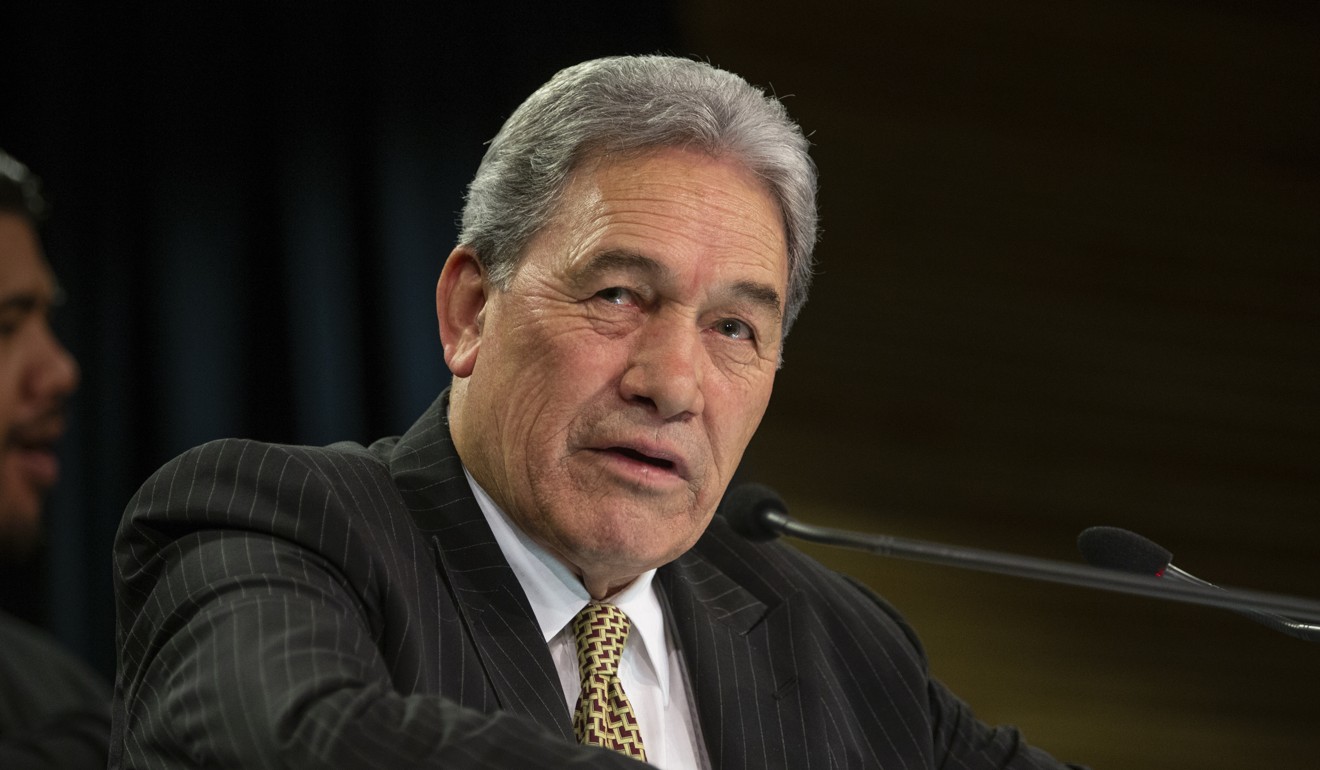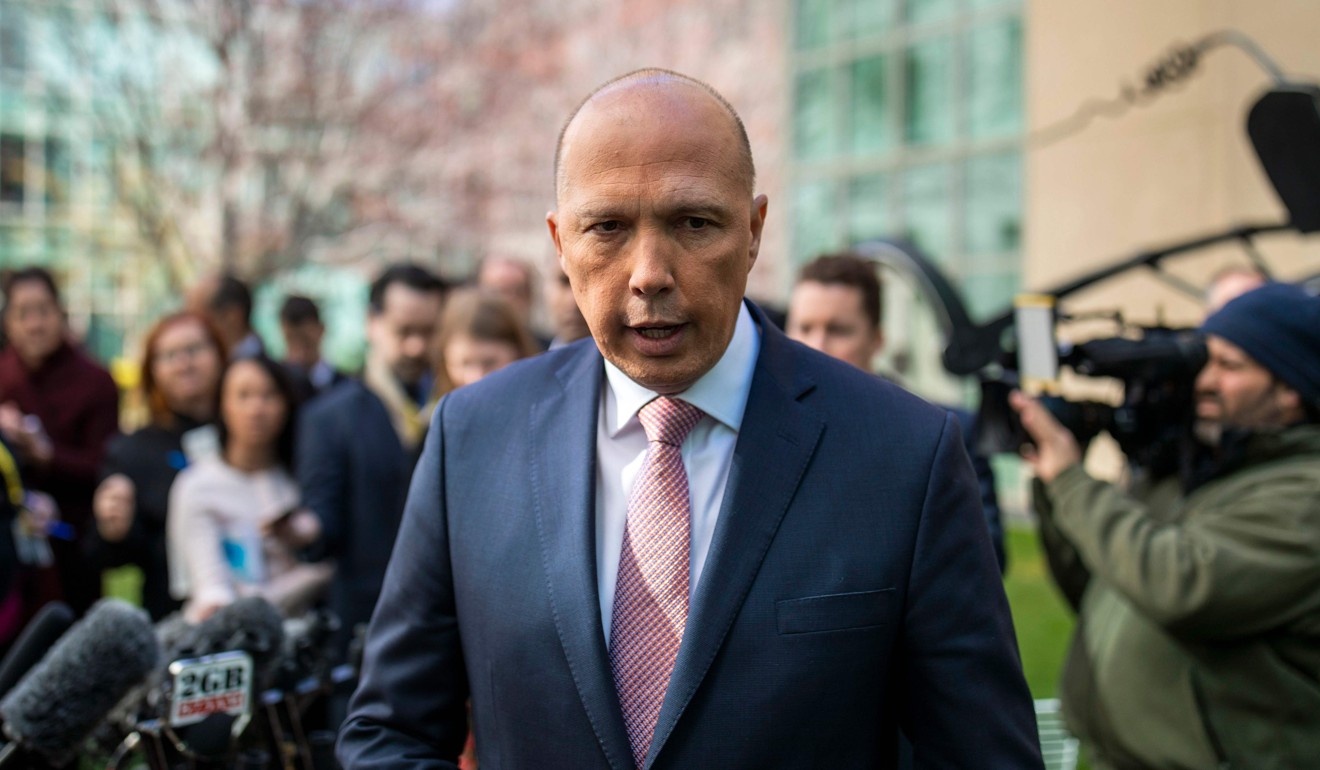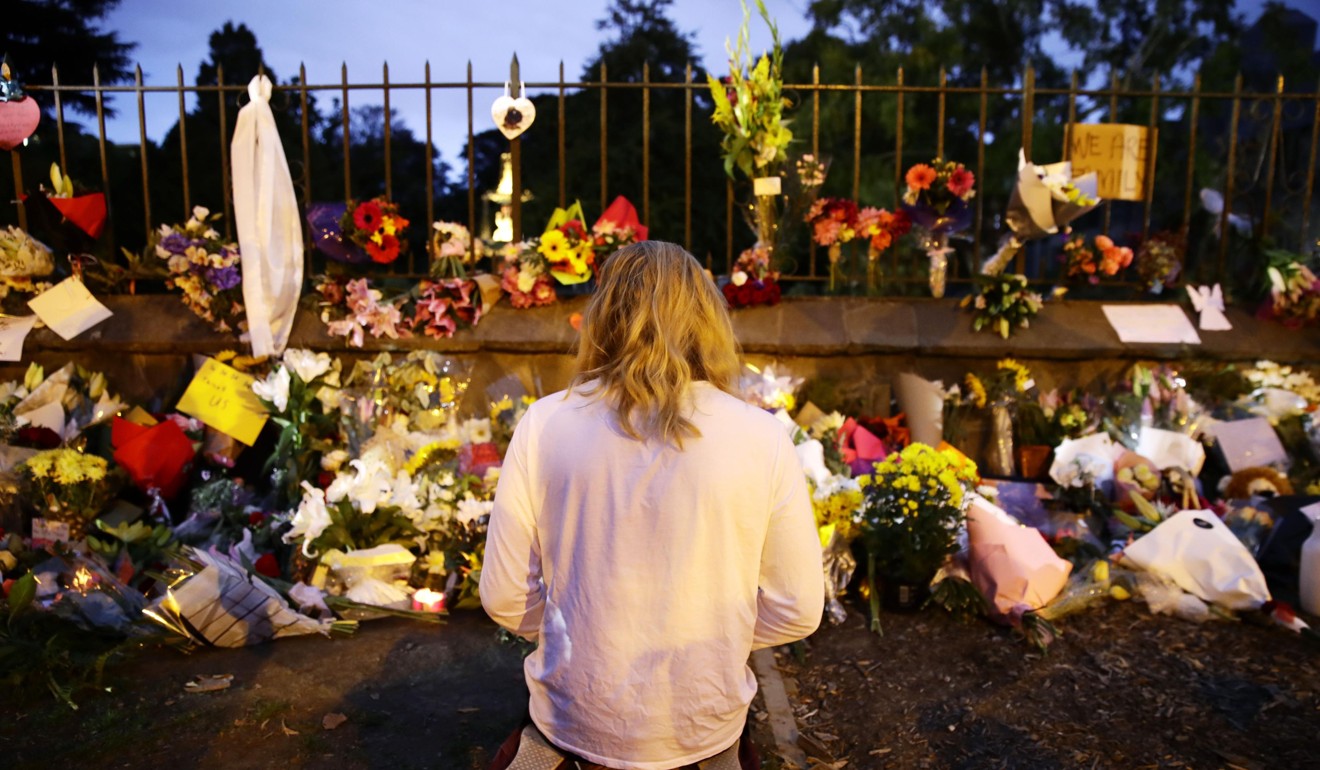
Christchurch shooting: racism in New Zealand isn’t new and in the era of Donald Trump, what public figures say about race matters
- Mass killing in the service of extremist politics is new to New Zealand, but virulently racist ideas are not some sudden import from a nefarious global movement
- The seeds of such ideas were planted long ago in both New Zealand and Australia – by us.
One evening, I went to a bar with a high school friend. There I spotted a skinhead: white, young, with a shaven head, in a Swastika T-shirt.
I asked to leave. Just out of the door, I felt a hand touch the back of my head. I swung around and swatted away the neo-Nazi’s arm before taking a good look at what was going on. Then I saw that he now had three companions, all in Swastika T-shirts. Luckily, they were no more spoiling for a fight than we were.
New Zealand mass shooting: is any country safe from terrorism?
A couple of years later, I went to Sydney to visit another friend, a Singaporean of Indian heritage who was in Australia training for his new job. We had dinner with one of his colleagues, a young white Australian.
The topic of conversation turned to immigration. The Australian asked why it was that most Asian immigrants chose to live in major cities like Sydney and Melbourne. Before I could respond, he answered his own question.
“Actually,” he mused, “if they lived in small towns, they would just get beaten up all the time.”
‘My dad is a real hero’: man takes bullet to save sons from mosque gunman
Global coverage has also emphasised that New Zealand is a peaceful and welcoming country.
It is peaceful. Violent crimes are rare, certainly when compared to the US. The last mass shooting in New Zealand happened in 1990. Police officers there do not routinely carry firearms.
But is New Zealand truly welcoming?
One of the local political parties is called New Zealand First. Its name sounds reminiscent of Trump’s slogan, “America First”, but it was founded in 1993 by Winston Peters, who still heads the party and is the country’s deputy prime minister, after a previous stint in that office and another as foreign minister.
New Zealand terror attack: mosque heroes hailed as Christchurch prepares to bury its dead
In that same year, local journalists published articles calling Asian immigration the “Inv-Asian”. Peters then led his party in the 1996 general election on a platform of repelling an “Asian Invasion”.
The suspected gunman called non-white immigrants “invaders” in a manifesto he reportedly put online, the same language with which Trump likes to refer to illegal immigrants crossing America’s southern border.
Peters and his New Zealand First party have returned again and again to racist refrains around election time. Take for example the party’s deputy leader Peter Brown, who emigrated to New Zealand from Britain. He complained in 2008 the country was accepting too many Asians and was in danger of being “inundated with people who have no intention of integrating into our society”.
In 2013, a member of parliament from the party, Richard Prosser, argued that young Muslim men shouldn’t be allowed to travel on Western airlines, because “most terrorists are Muslims”. He also described Muslim men as “misogynist troglodytes from Wogistan”.
A year later, in opposing Chinese investments in New Zealand, Peters quipped at a campaign event: “Two Wongs don’t make a white”.

To be fair, election year rhetoric and actions in government are two separate matters, a truism that Peters exemplifies. Moreover, Peters is part-Maori, and for that reason alone it would be strange to deem him a white supremacist.
But, as the international press often points out about Trump, rhetoric matters when one is in high office and Peters’s rhetoric certainly sounds nationalist and nativist.
A 2017 investigation into a New Zealand white supremacist group found its members voicing their enthusiasm for Peters, despite his mixed heritage.

She is not an aberration. Australia’s immigration policy until the 1960s was called “White Australia”. Former prime minister John Howard was known for complaining that Asian immigrants ruined Australia’s “social cohesion”. The current Australian home secretary Peter Dutton, has called for the preferential admission of white South African farmers to Australia on the basis of the right-wing myth of “white genocide” in South Africa.
Much has been made of Australian senator and erstwhile Hanson associate Fraser Anning’s official statement on Friday, which seemed to support the attacker: “The real cause of bloodshed on New Zealand streets today is the immigration programme which allowed Muslim fanatics to migrate to New Zealand in the first place.”
But, grotesque as it may be, is the statement really so far out of bounds in the annals of Australian politics?
In a press conference on Friday, Prime Minister Jacinda Ardern insisted “extremist views” the attacker espoused “have absolutely no place in New Zealand”.
Don’t they?

Sure, the Trump phenomenon has probably worsened the situation. And mass killing in the service of extremist politics is indeed new to New Zealand. Nothing quite like the mosque attack on Friday has happened in New Zealand before.
To be clear, there are a great many steps leading from a politician’s incendiary remarks to a terrorist pulling the trigger. But if one lesson of the Trump era is that a public figure’s words matter, then that is no less true for the likes of Peters and Hanson.
New Zealand and Australia need honest conversations about race relations to improve them. We can begin by acknowledging that virulently racist ideas are not some sudden import from a nefarious global movement for which we cannot be held responsible. The seeds of such ideas were planted long ago in both countries – by us.
Ardern demonstrated in the wake of the attack that she can speak responsibly and bring the country together, as befits her office. It would certainly help New Zealand move forward from this tragedy if other political figures, not least her deputy, can do the same.
William Han is a lawyer and writer. Born in Taiwan and a citizen of New Zealand, he is a graduate of Yale College and Columbia Law School

